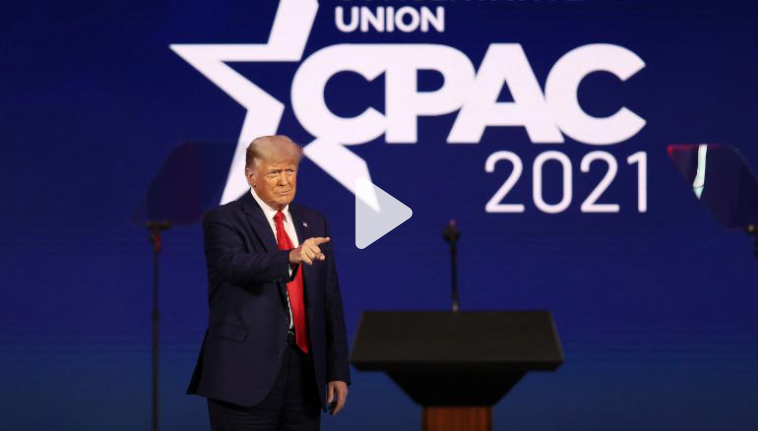Trump's acquittal sets bad precedent for American democracy
Image from CNN
by Kyle Wu, editor
After the insurrection of the Capitol riots on Jan. 6, former president Donald Trump became the first president in American history to have been impeached twice.
Immediately following the riots, the House moved forward with impeachment, citing Trump’s clear “incitement” of the Capitol insurrection. Ten Republican congressmen voted to impeach, joining the entirety of the House Democrats in what Congressman Mike Thompson called “the most bipartisan impeachment in the history of the United States.”
On top of the bipartisan frustration with Trump’s rhetoric and actions in Congress, team Trump performed poorly in the impeachment trial. His lawyers dodged questions, made irrelevant statements, and ignored factual evidence against Trump, and even claimed that his rhetoric was routine political speech. Even many Republican lawmakers criticised the performance of Trump’s lawyers. According to The Guardian, Republican Senator Susan Collins of Maine said that she felt that Trump’s lawyers “did not make any arguments at all.”
In addition, it’s clear that Trump’s actions constituted an attempt to retain his power by whatever means necessary. Not only did Trump incite the Capitol riots to try to stop the certification of votes, even before the election, he consistently asserted that there was widespread election fraud, despite these claims being debunked by all the courts.
Trump’s acquittal signifies a huge failure in our two-party system.
Trump’s rhetoric, despite protestations that he told rioters to go home hours after they’d first entered the Capitol building, along with his lawyers’ bad performance, would indicate the likelihood of a Senate conviction. Despite this, however, Trump was acquitted once more, with the vote falling 10 Republican votes shy of the necessary two-thirds majority.
With an almost evenly split Senate, there’s no doubt that a conviction would be very unlikely. Despite this, however, I believe that Trump’s acquittal signifies a huge failure in our two-party system.
I believe that in allowing a power-hungry president to go unpunished, we set a bad precedent for the US government. The impeachment process—and subsequent trial—-is designed to hold those in power responsible. In acquitting Trump, we essentially let him off the hook, absolving him of all responsibility of his actions. Even though the trial occurred after Trump had already left office, his acquittal sends the message that it is okay for those in power to hold onto their power however they see fit.
In acquitting Trump, we essentially let him off the hook, absolving him of all responsibility of his actions.
I believe Trump’s trial really exposes the divisiveness brought about by the two-party system. The acquittal signifies that many still voted along party lines. Yet our representatives can’t resort to their party politics. Especially given the seeming universal frustration with Trump’s actions, it’s unbelievable to me that 43 Republican senators still voted in accordance with the interests of their party instead of the American people.
I don’t make these arguments to spite the Republican party. I even consider myself to be a Republican. But the old saying holds: “United we stand; divided we fall.” Our elected representatives are meant to serve the American people, even at the price of their party interests. Power-hungry representatives who only prioritize their own political gain ultimately fail to serve the people, as they succumb to their own self-interests. Our lawmakers, and American people as a whole, must recognize that.

